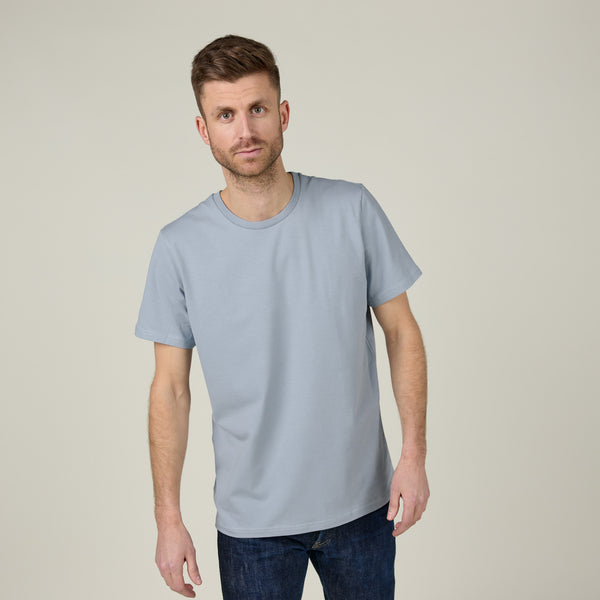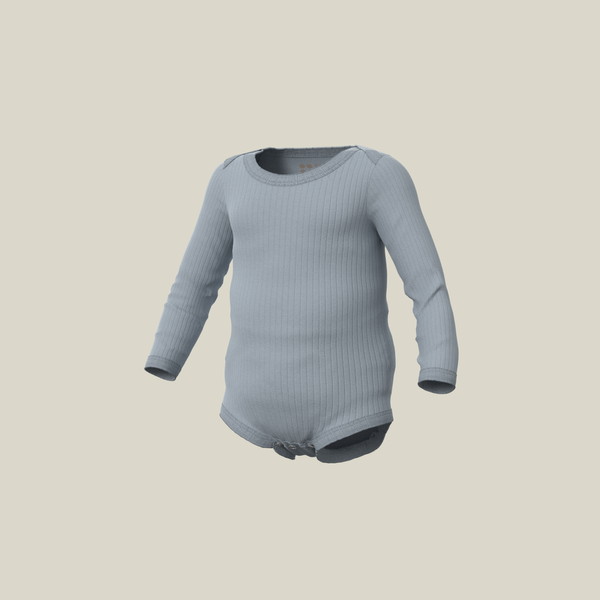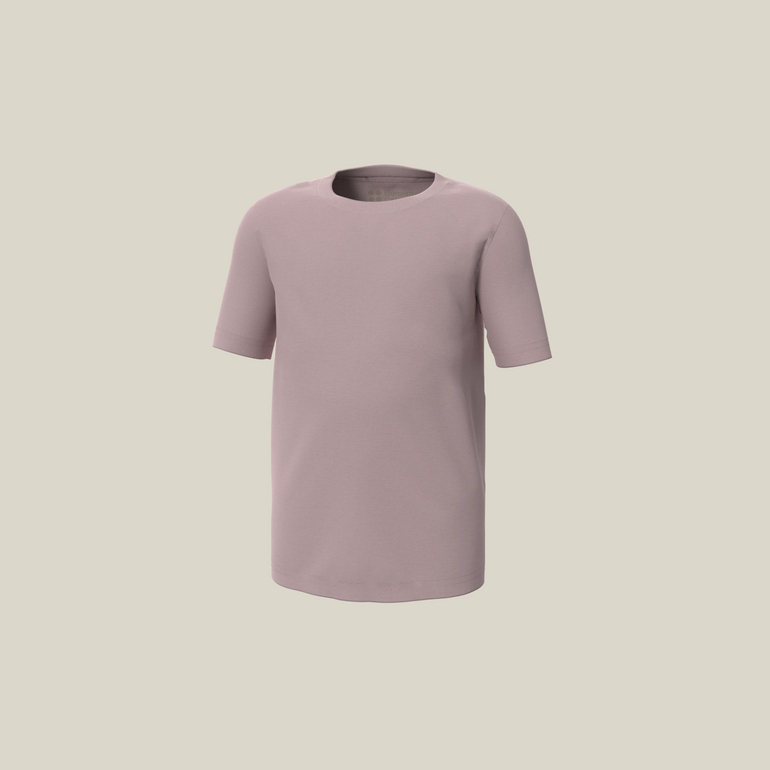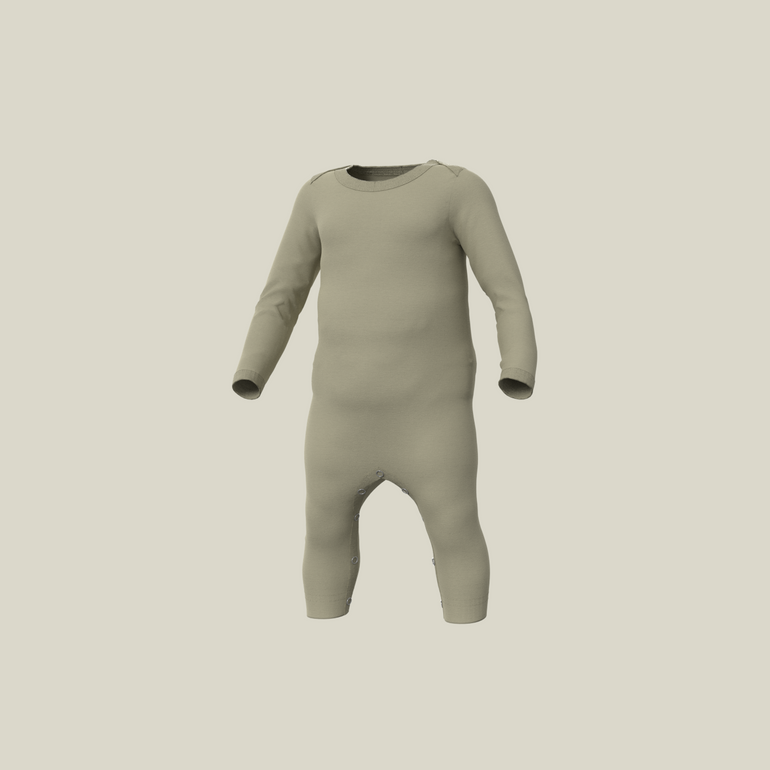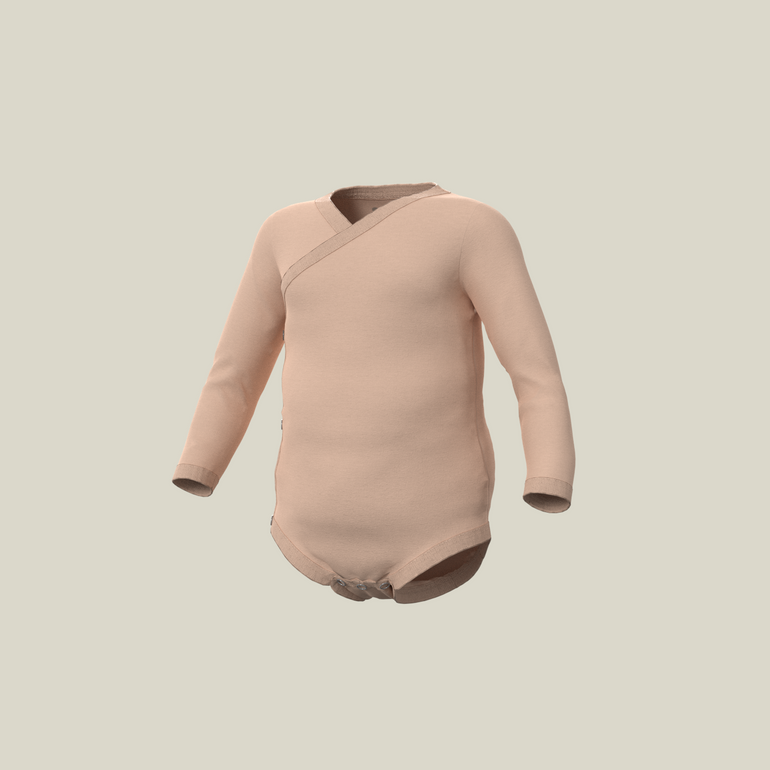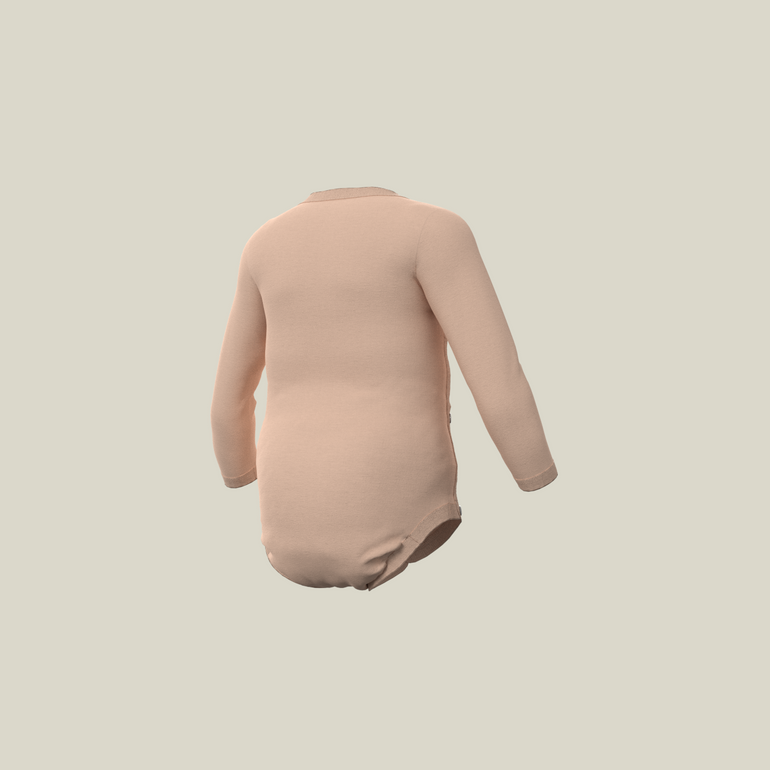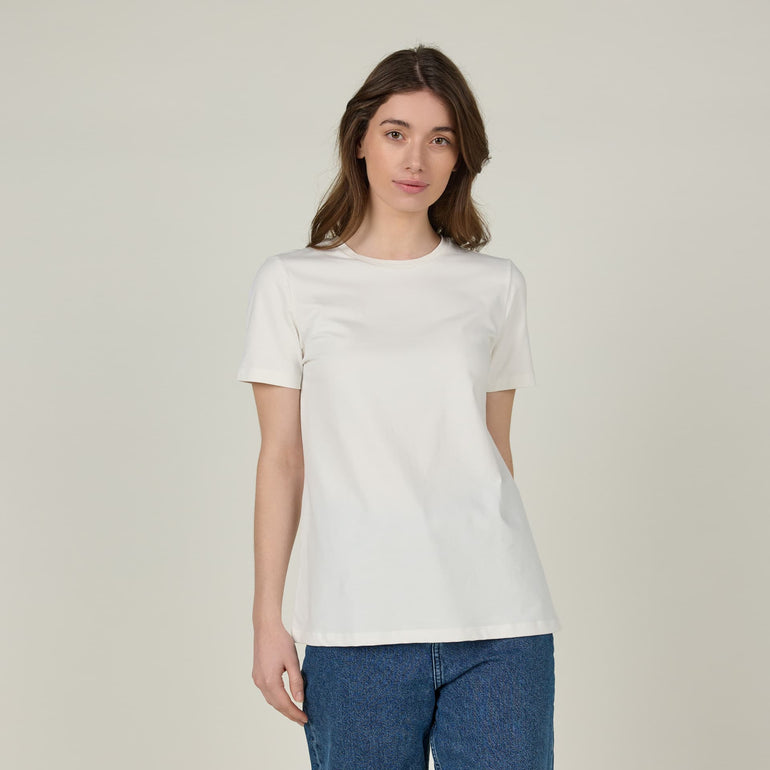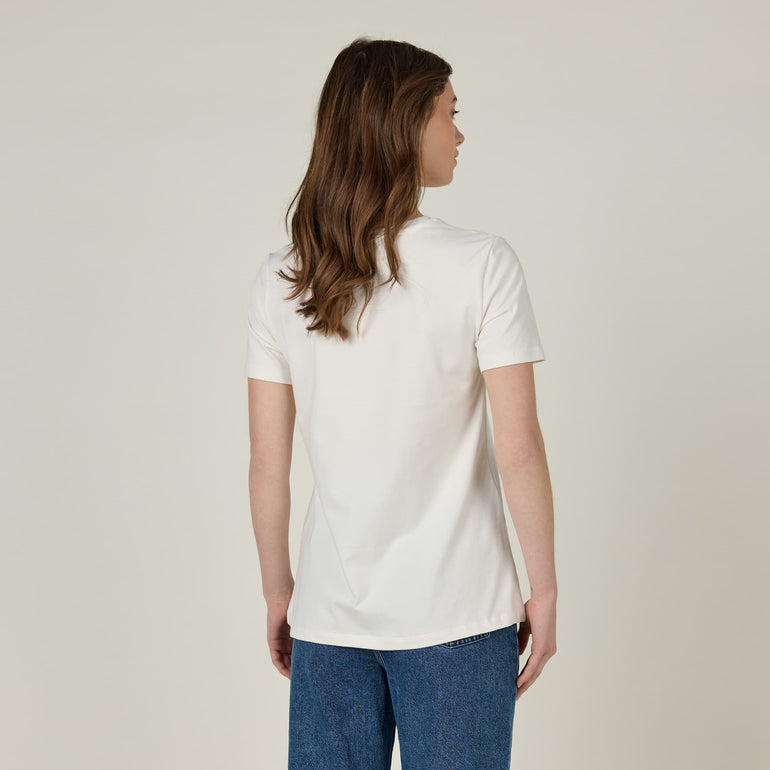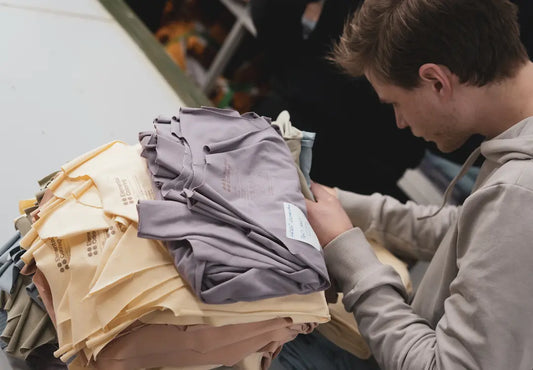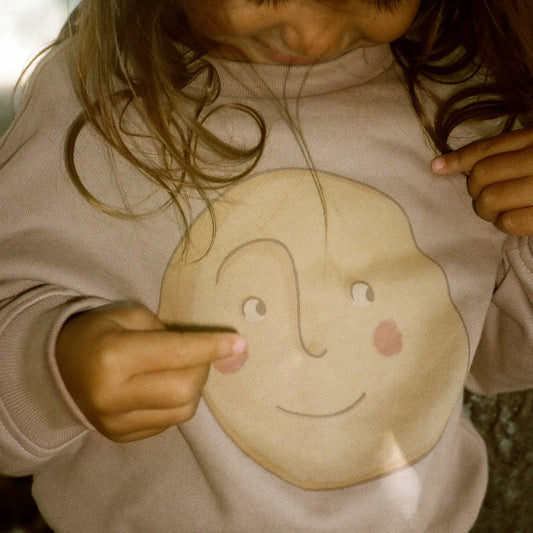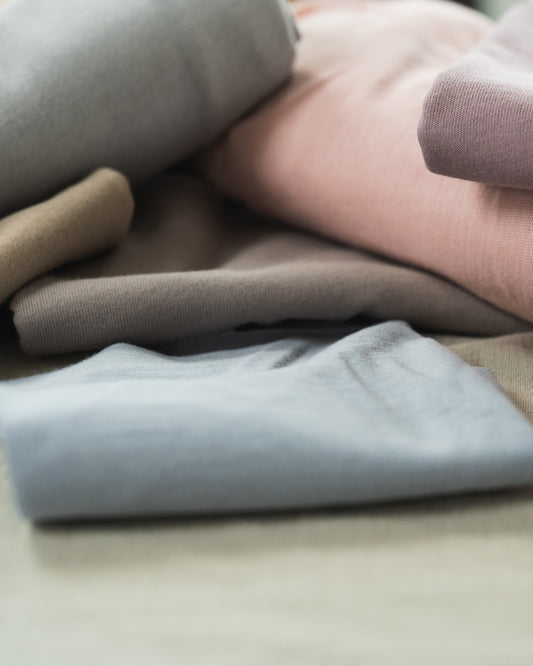
- Kemifri garderobe
- Naturlig indfarvning
Your new clothes may well be made of organic cotton and still be full of chemicals
Brought in Dagbladet Information, d. 16/4/2024
Written by: Markus Louie Fogde Hatting & Frederik Møller
You just bought a new T-shirt, so you throw it in the wash right away. Or you don't, but you know you should. But why exactly? Maybe just because that's what you do? Maybe because the Consumer Council THINK recommends it?
The fact is that the clothing industry is characterized by the use of chemicals that can have serious consequences both for us as consumers and for those who work in production – and not least for our planet. According to figures from the Danish Environmental Protection Agency, 500 grams of synthetic chemicals are used for one eco-labeled T-shirt.
We often overlook the chemicals that are present in the clothes we buy - even when we buy clothes made of organic cotton. According to the Consumer Council TÆNK, your new conventional clothes may contain residual chemicals from production, such as excess dye, formaldehyde, optical white and process chemicals. In line with the recommendations from, among others, TÆNK, you may have always thought that a wash or two was enough to remove all residual chemicals from your new clothes. Unfortunately, the truth is far scarier.
Certain chemicals such as phthalates, dyes and fluorides are so tough that they don't disappear with regular washing, and they can potentially cause allergic reactions and skin irritation. They are even suspected of disturb the hormonal balance and thereby be a contributing cause of the declining fertility we are experiencing today, where one in eight children is born with the help of fertility treatment . Of course, your clothes are not to blame for it all, but they contribute to the accumulation of perfluorinated substances, phthalates and bisphenol, which reduces fertility .
As consumers, we can go a long way by washing our clothes before wearing them, but what about the people who sew them together? They don't have that privilege.
It is high time that we as a society look into what consequences the products we surround ourselves with have for all of us. So what can be done?
Insert at the European level
On EU plan are you already in the process of banning substances through PFAS and bisphenol regulation. It is a good direction, but it takes time.
Concretely, consumers could also be helped at EU level by expanding the concept of ecology from being only at fiber level to having to apply throughout production. It would be more in line with the consumer's expectations of what an organic product is and contains.
Obviously, transparency about what a product contains – as we know it from food – would be a giant step forward. However, there is a lot about distortion of competition and trade secrets that needs to be resolved before we can roll out that proposal and try to agree with the rest of our European neighbours.
In Denmark, we can push for the digital product passport to contain this information, or at least more total figures for the amount of harmful substances.
At the same time, brands can work more curiously to design and sell products they know inside and out, and not just organic cotton in a pantone color according to the colors of the season. It requires dedicated and ambitious brands that don't just think about what can be sold today or tomorrow, but instead try to create positive impressions. This kind of calls for creating trust in the supply chain and having long-term collaborations with its suppliers.
So the next time we buy new clothes, we have to ask ourselves: Am I ready to wear clothes where I don't know what they contain? Or am I willing to compromise a bit with the latest fashion to make sure what I expose my skin, body and environment to?
Read more journals
- Choosing a selection results in a full page refresh.

